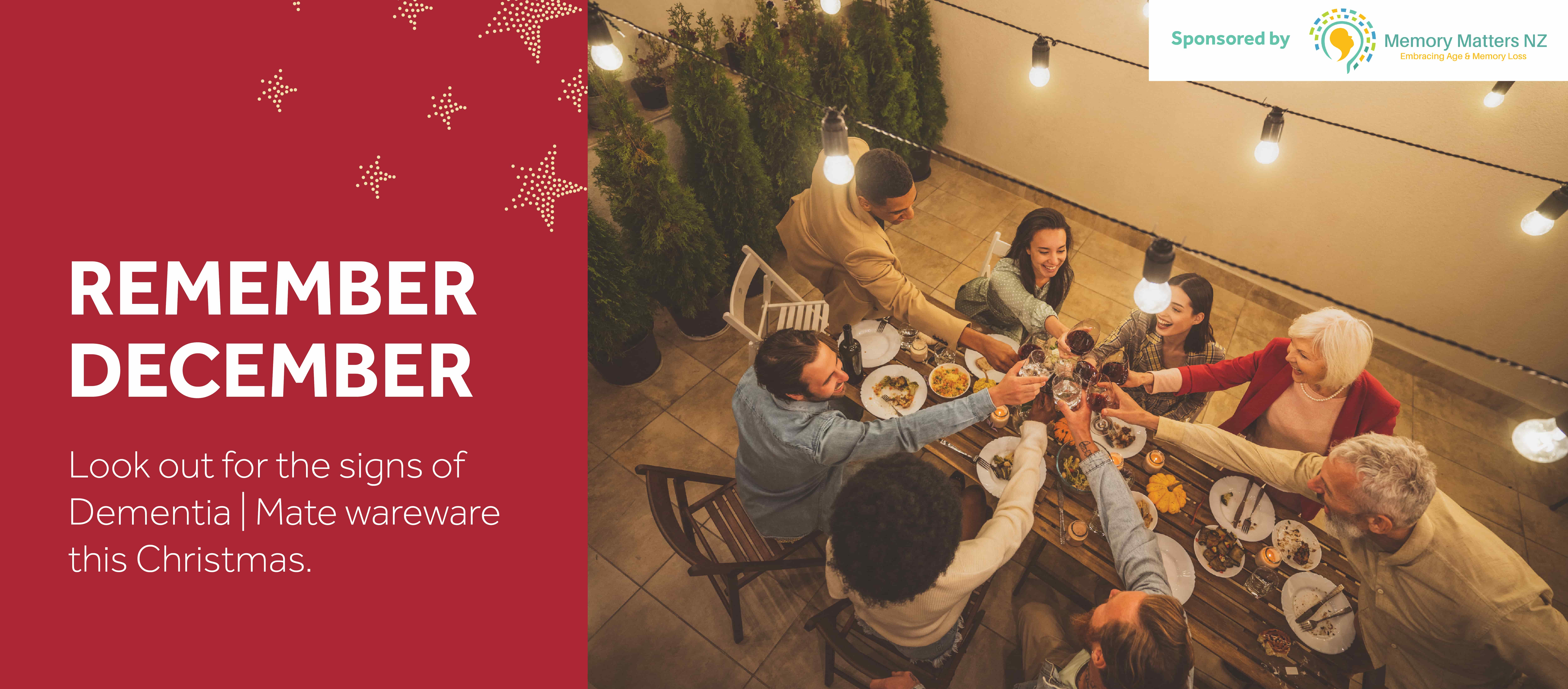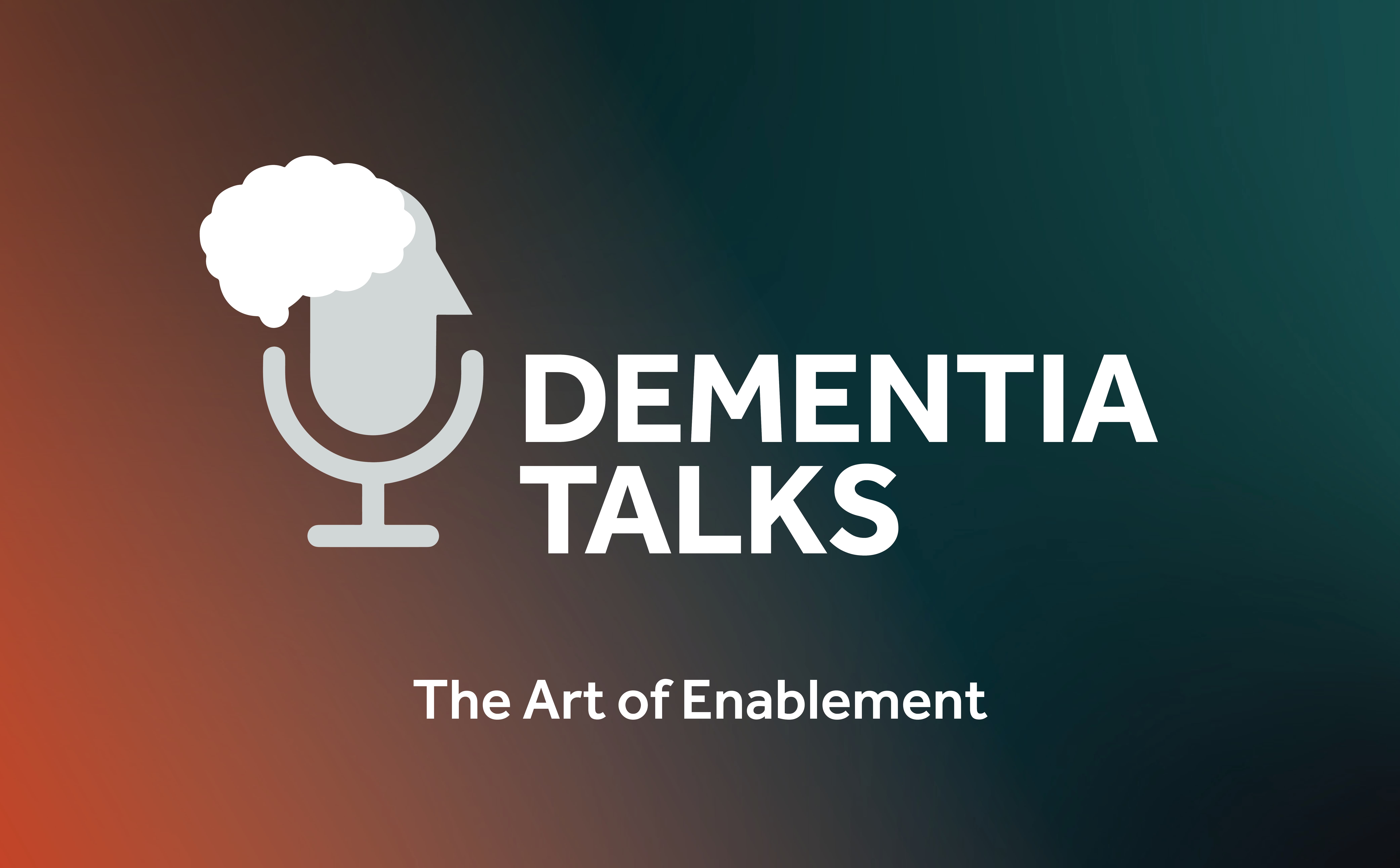In New Zealand, nearly two thirds of adult New Zealanders have some personal experience with dementia | mate wareware. December is a great time for family to come together. This also can mean that families start noticing changes in their loved ones behaviours and perhaps some concerns are raised. We use ‘Remember December’ as a time to remind ourselves of the signs, and the supports available to those who need some help or guidance in our community.
We’re incredibly grateful to Memory Matters NZ for kindly donating a 10″ Digital Day Clock with 40 Reminders and a Remote Control to support our Remember December campaign giveaway!
Look for the ten common early signs of dementia | mate wareware
The early signs and symptoms of dementia can be subtle and hard to recognise. Conditions, such as stroke, depression and infections, as well as normal ageing, can cause dementia-like symptoms …
Read more
What to do when you notice the warning signs in someone you care about
If you or someone else has noticed signs that your memory, thinking, behaviour and mood are changing, it can be scary. It’s the same if you notice signs in someone close to you. What if it’s bad news? …
Read more
Connect with support services from your local dementia organisation
If you’re concerned about the changes you have noticed in yourself or someone you know, it’s helpful to seek advice. Complete our Carer/Whānau Enquiry Form to access free dementia information …
How to support a person with dementia | mate wareware during Christmas celebrations
From the family home, to the bach or beach, Christmas means something different to everyone. It’s a time when we come together with people we care …
Read more
Helpful travel planning advice for dementia | mate wareware care partners
If you keep your holiday simple and plan it well, you can look forward to an enjoyable holiday where you can both relax and enjoy yourselves …
Read more
The Art of Enablement – Dementia Talk recording
Explore the Art of Enablement – an empowering framework that helps people living with dementia | mate wareware stay connected, capable, and confident.
This educational webinar explores what ‘enabling’ truly means, how to create meaningful activities based on a person’s interests and past roles, and techniques for nurturing engagement and a sense of achievement.









